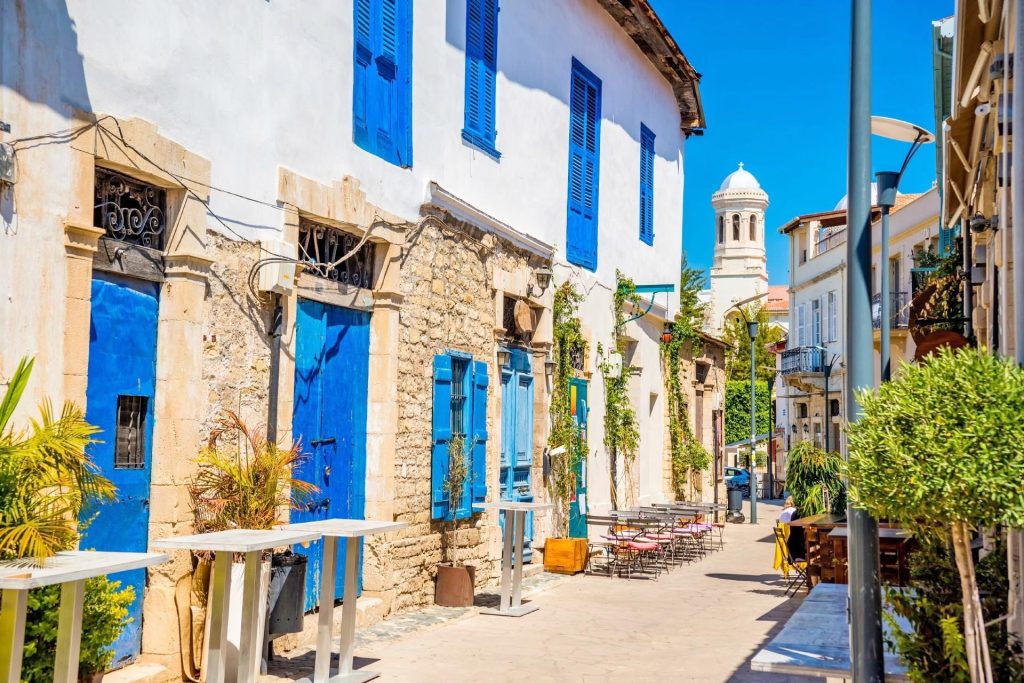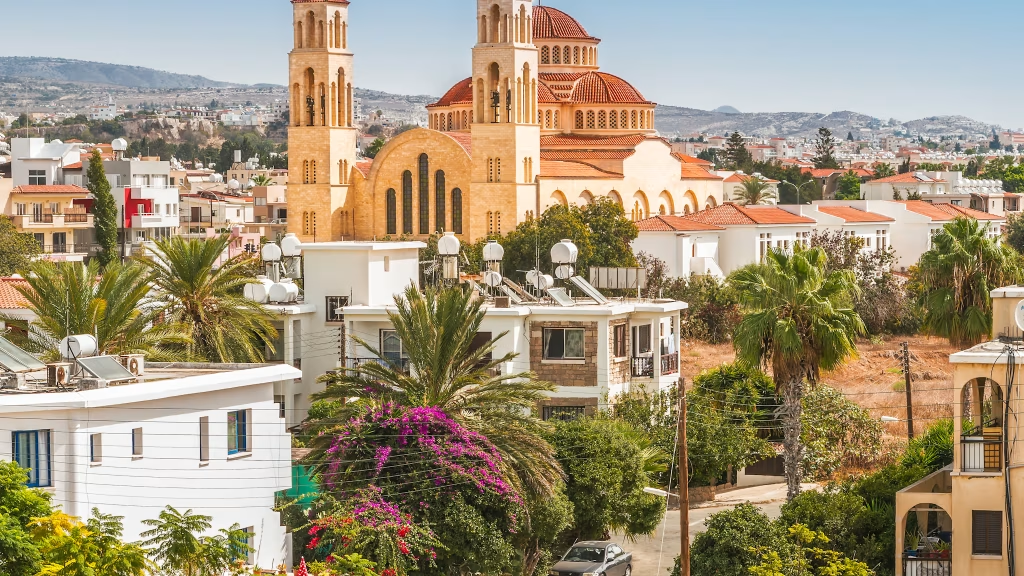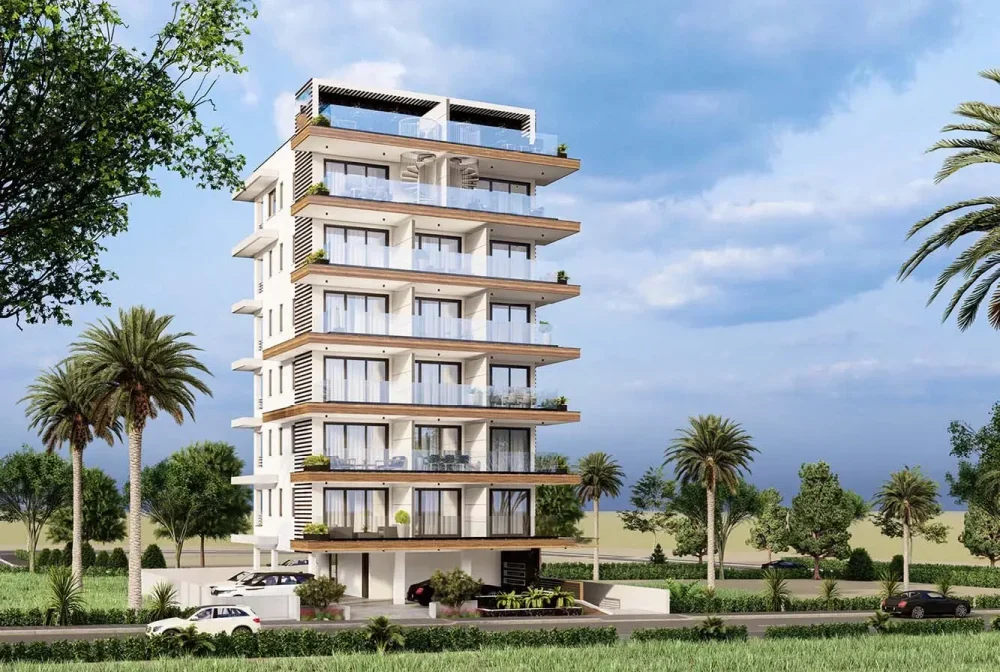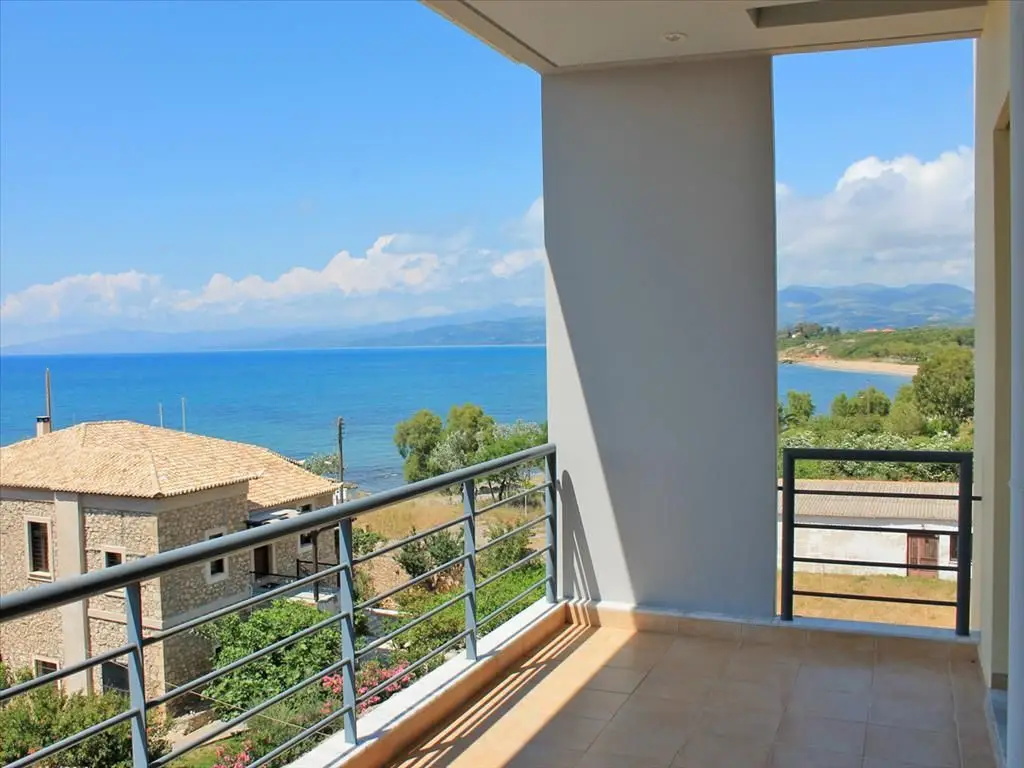Sunny Cyprus attracts Russians with its mild climate, high level of security and the opportunity to enjoy the Mediterranean lifestyle. Like everywhere else, staying on the island has its own peculiarities, advantages and disadvantages. What awaits those who are planning to move? Let’s answer in the article.

The advantages of living in Cyprus
The island has a number of unique characteristics that make it attractive to Russian emigrants:
- Mediterranean climate – over 300 days of sunshine a year. Winters are mild, with temperatures rarely dropping below +10°C. Summer lasts almost half the year, with comfortable temperatures ranging from +28°C to +35°C. This weather is conducive to active holidays, outdoor activities and better health.
- Cyprus is considered one of the safest places in Europe. The crime rate is minimal and the locals are known for their friendliness and openness. Russian emigrants note the calm atmosphere in Cyprus, which is ideal for life with children.
- The island offers one of the most attractive tax systems in Europe. For entrepreneurs and business owners, the corporate tax rate is only 12.5%. In addition, there is an agreement between Russia and Cyprus on the prevention of double taxation, which simplifies financial matters.
- Russian-speaking communities are actively developing here. Russian schools, business centres, shops and restaurants are open in Limassol and Paphos, making adaptation easier and helping to maintain a connection with the native culture.
Disadvantages of living in Cyprus
 Despite the many pluses, living on the island has its challenges that you should consider before moving:
Despite the many pluses, living on the island has its challenges that you should consider before moving:
- The rents, especially in the larger cities such as Limassol and Nicosia, are quite high. The average cost of a studio flat in the centre is €1,000-1,500 per month, while prices for buying property start from €200,000.
- The economy is centred on tourism, financial services and construction. For professionals from other fields, jobs are more difficult to find, especially without knowledge of English or Greek.
- Most goods are imported, which affects prices. Food, clothes and electronics are more expensive than in Russia or Eastern European countries.
- In July and August, temperatures on the island can exceed +40°C, making it difficult for people used to cooler climates.
Property market: features and prices
Life in Cyprus begins with choosing the right accommodation. Property on the island offers many options, from affordable flats to luxury villas with sea views. For Russian emigrants, it is important to understand how prices are formed and which regions are best suited for buying or renting:
- Limassol. One of the most expensive and prestigious cities in the state. The average cost of renting a flat is 1000-1500 euros per month. Buying a property will cost 2000-3000 euros per square metre. Limassol is characterised by developed infrastructure, a large number of Russian-speaking residents and high demand in the rental market.
- Paphos. A more affordable city compared to Limassol. Renting a flat here starts from 700 euros per month. Buying a property – 1500-2000 euros per square metre. Paphos is famous for its historical sights and peaceful atmosphere, which makes it popular with families.
- Nicosia. The capital offers accommodation at similar prices to Paphos, but with a higher demand for rentals. This is due to the availability of a large number of jobs and educational institutions.
Living in Cyprus can be not only comfortable but also profitable. Many people buy accommodation on the island to invest their money. Renting it out brings a steady income, especially in the tourist areas. For example, in Limassol, the yield from renting out property can reach 5-7% per annum.
Working in Cyprus: prospects for emigrants
Living in Cyprus offers a wealth of employment opportunities, but the island’s economy has its own peculiarities that are important to consider. The main sectors offering jobs are tourism, construction and financial services. The tourism sector is one of the leading areas of the economy, where professionals in the hotel business, restaurant industry and excursion services are in demand. Knowledge of English significantly increases the chances of successful employment in this field.
The construction sector also remains key to the country’s economy. Engineers, architects and master finishers are in demand due to the constant development of infrastructure and construction of residential complexes. In turn, the IT and finance sectors are actively developing, attracting specialists from different countries. Programmers, analysts and cryptocurrency experts can expect high salaries – on average from 2500 to 4000 euros per month.
For a successful job search, it is recommended to make sure you have a work visa or work permit in advance. Local job sites such as Cyprus Jobs and EURES can help you find suitable offers, while internships or temporary employment are a great start to adapt to the labour market.
Health and education in Cyprus
The high standard of healthcare and the variety of educational programmes make life in Cyprus comfortable for families and those who want to become professionals in sought-after fields.
The medical system in Cyprus offers a wide range of public and private clinics. Public medicine operates through the GeSY system, which provides access to free or low-cost services. Residents with a medical card can expect quality care including diagnosis, therapy and basic treatment. Many emigrants prefer private clinics due to their personalised approach, absence of queues and high speed of service provision. Such insurance costs from 1200 euros per year and covers a significant part of the costs.
The educational system of the island includes public schools, where education is conducted in Greek, and international institutions with programmes in English. The latter are especially popular among Russian families, as they help children to adapt easily and receive an education that meets international standards. The cost of education in international schools ranges from 8000 to 15000 euros per year. Higher education in the country is also available for emigrants. Limassol and Nicosia Universities offer courses in English, and tuition fees start at €3,000 per year.
Legalisation process
In order to start a fulfilling life in Cyprus, it is important to get the paperwork right. The main steps are:
- A tourist visa is issued for the first visit to the island.
- A temporary residence permit (TPR) is obtained on the basis of a property purchase, employment or investment.
- A permanent residence permit is issued after several years of residence.
The following documents are required to apply for a residence permit:

- Passport.
- Proof of financial solvency.
- Health insurance.
- A criminal record certificate.
Conclusion
 Living in Cyprus opens up prospects for comfortable living, professional growth and profitable investments. Having assessed all the pros and cons, everyone will be able to find a home on this sunny island. It is only important to prepare in advance for all aspects of the move to make the process as convenient and successful as possible.
Living in Cyprus opens up prospects for comfortable living, professional growth and profitable investments. Having assessed all the pros and cons, everyone will be able to find a home on this sunny island. It is only important to prepare in advance for all aspects of the move to make the process as convenient and successful as possible.
 en
en  de
de  ar
ar  es
es  nl
nl  hi
hi  fr
fr  it
it  pt
pt  el
el 









